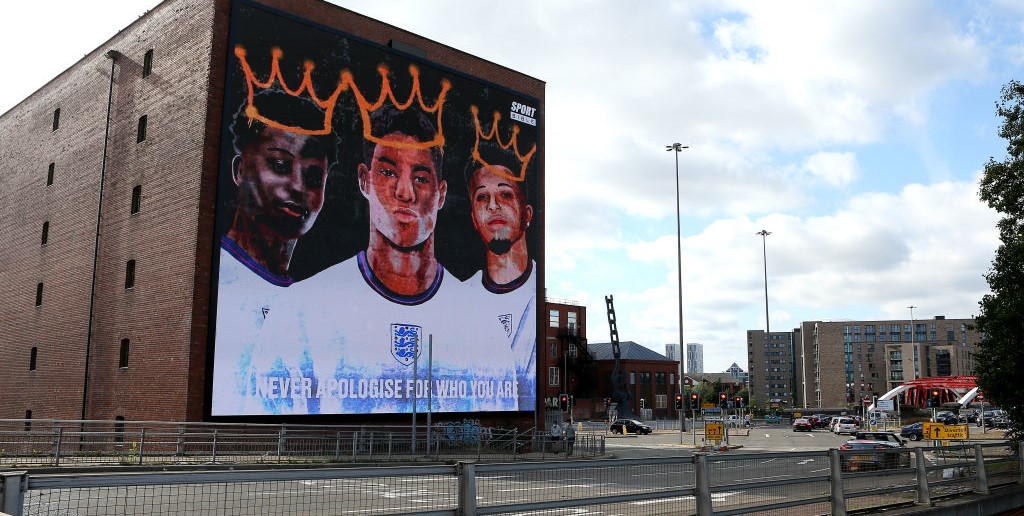Levelling the playing field
This week we look at the work of Show Racism the Red Card (SRtRC) together with Unite in fighting racism. Today we discuss the findings of Unite’s survey
Unite’s recent survey of black, Asian and ethnic minority (BAEM) members reinforced the fact that sadly racism is still alive and well in 2015 – an issue the union is working hard to rectify.
The survey’s results corresponded with figures that demonstrate that compared with their white counterparts BAEM employees take longer to get promoted, face discrimination and are paid less.
Adding to an already hostile landscape the number of young BAEM people in long-term unemployment has increased by a staggering 50 per cent since 2010, despite overall youth employment making a slight recovery.
Nearly 4,500 people responded to the questionnaire, which asked about issues related to race and ethnicity in the workplace.
Almost 50 per cent (49.87 per cent) of respondents flagged a lack of promotion amongst back workers. More than 30 per cent (30.39 per cent) said they had suffered racist bullying and harassment at work, and nearly the same number again (30.14 per cent) encountered race discrimination in the job market.
As an acting national officer for BAEM issues, Colenzo Jarrett-Thorpe wasn’t surprised by the results. The 40-year-old has dedicated his working life to researching and combatting racial discrimination. Growing up in London as the son of Sierra Leonean parents he witnessed his fair share of prejudice.
Colenzo began campaigning against injustice while a student in Croydon, continued during his years at Manchester University, before attending the TUC organising academy and joining Unite full time as an official at just 22-years-old.
The union’s approach to levelling the playing field is two-pronged says Colenzo. First there is a concerted effort to get more of Unite’s 63,000 BAEM members involved with the union.
“We’re working very hard to let people know we’re here,” he told UNITElive.
“The survey showed that many BAEM employees are interested in getting involved and playing a part in the union.
Community
“We’re out-reaching, we’ve got a community programme. It’s about making sure we can reflect the community we’re trying to serve,” Colenzo added.
Unite is actively seeking more BAEM reps and officials and lobbying for statutory rights for equality reps*. The other side of the union’s work is pushing for better legislation, as well as researching and analysing data that demonstrates where employer equality policies are failing to stem implicit and explicit racism and where they are succeeding.
“You’re not going to close the gaps in pay and disciplinaries, the gap in terms of years needed to achieve higher management, without monitoring it and making pledges to close them,” Colenzo believes.
“Equality policies need testing and evaluating. There needs to be case studies of organisations and companies that have made those changes successfully,” he explained.
One example of where Unite are taking this approach is within the NHS. Recent reports have shown that BAEM NHS staff are almost twice as likely to be disciplined as white employees, and that discrimination in the workplace directly impacts on patient safety.
The union is on the case and has asked Unite health workplace reps and officials to ensure that NHS employers are following workforce race equality standard (WRES) guidelines.
WRES requires all, but the very smallest NHS employing organisations, to publish information on the progress made to ensure BAEM workers have equal access to career opportunities and fair treatment.
But as ever the need for continued vigilance against racism in the workplace cannot overemphasised.
*To find out how to get more involved with Unite contact your nearest regional office http://www.unitetheunion.org/how-we-help/listofregions/
Tomorrow in our final instalment we look at how divide and rule tactics de-humanises immigrants
Â
We also have a film of Unite general secretary Len McCluskey and Show Racism the Red Card (SRtRC)’s Leroy Rosenior, discussing the work of SRtRC and Unite in defeating racism at work, in football and in society as a whole.
 Like
Like Follow
Follow


